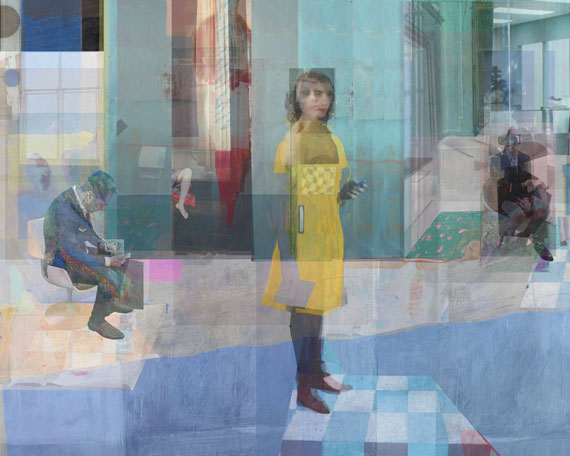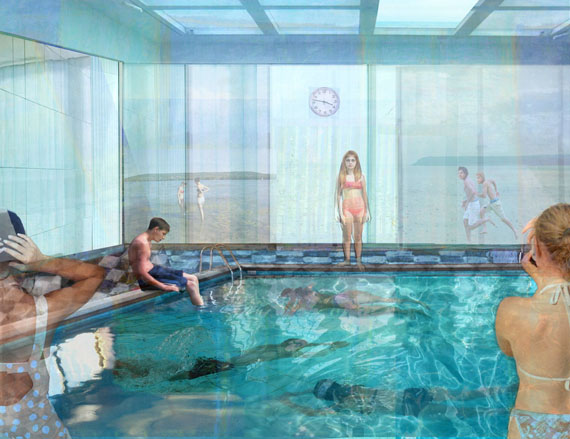
Catherine Balet »
Moods in a room
Exhibition: 7 Feb – 30 Mar 2019
Galerie Thierry Bigaignon
9 rue Charlot
75003 Paris
Tue-Sat 12-19
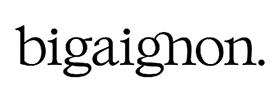
Bigaignon
18, rue du Bourg-Tibourg
75004 Paris
+33.(0)1-83.56.05.82
thierry@bigaignon.com
www.bigaignon.com
Tue-Sat 11-19
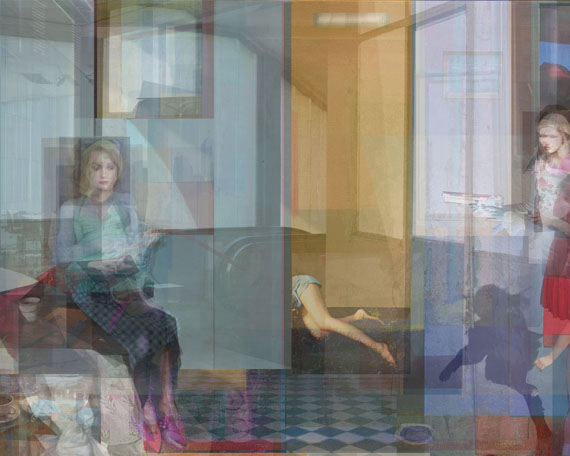
Catherine Balet
"MOODS IN A ROOM"
curated by Fannie Escoulen
Exhibition: 7 February – 30 March, 2019
Opening: Thursday, 7 February, 6-9pm
After the success of Catherine Balet's last series "Looking for the Masters in Ricardo’s Golden Shoes" in which she revisited the history of photography, the artist creates once more never before seen compositions, through a series she has been working on for nearly twenty years.
Playing with transparencies and surrealist collages, Catherine Balet's new series "Moods in a Room" plays with virtual reality by mixing pictorial textures and digital photographic elements. She superimposes them in multiple layers, giving a material feel to the unreal and a virtuality to her material images! The resulting compositions reveal the various states of consciousness of the artist, and illustrate her commitment to endlessly explore the dualities between content and absence, space and surface.
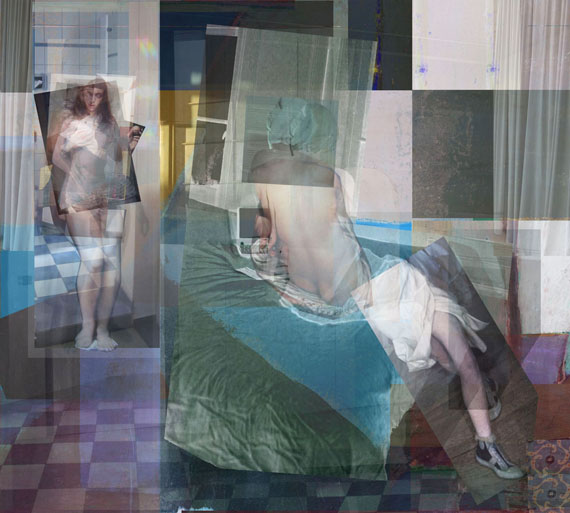
The technique the artist adopted, using layers of images, allows her to create photographs that play on many levels and whose transparency shapes the depth of the pictorial space. The underside (made with a digitized version of her own paintings) exists as much as the top layer and reveals a matter usually unknown in photography. The mat colored surfaces blend with the brighter areas of the photograph. Besides, the images in the series reveal, through the superimposition of layers of different architectures, a fantasy urban space where cold and warmth coexist. A fictitious setting where strange and familiar stories are played, animated by more or less ghostly characters.
Fannie Escoulen, curator of the exhibition adds: "No longer a painter but far from a classical photographic practice, Catherine Balet reveals an introspective work made up of a multitude of layers, like a palimpsest, drawing references to the great movements of painting from her unconscious nourished by the history of art. By deliberately freeing herself from it, she depicts in these picture-paintings some kind of hallucinatory closed doors scenes from which her characters do not seem to be able to escape."
